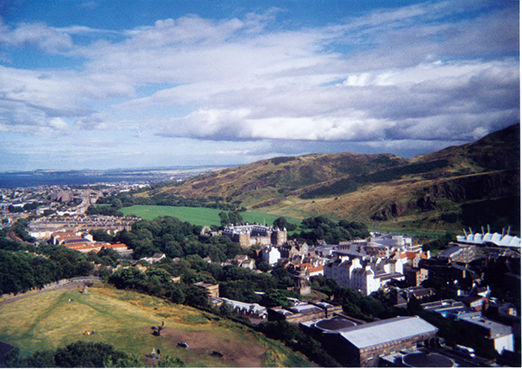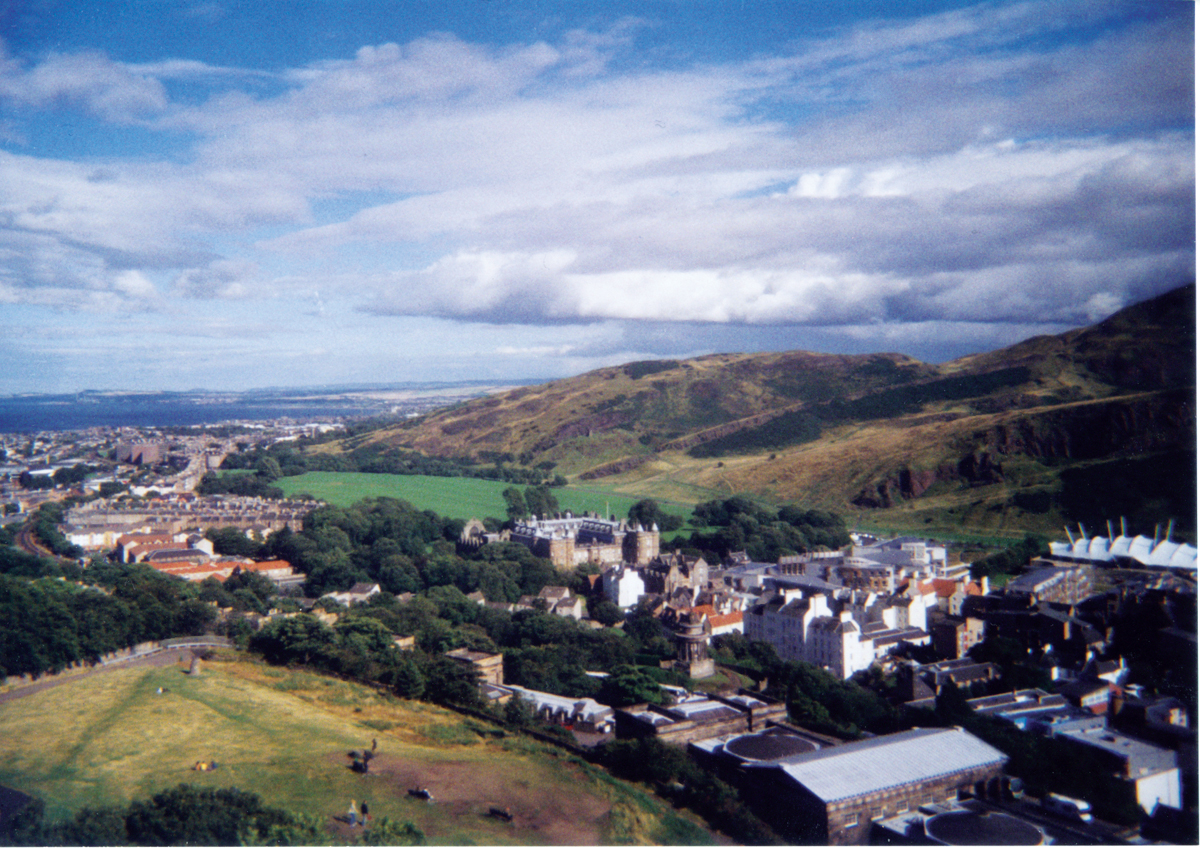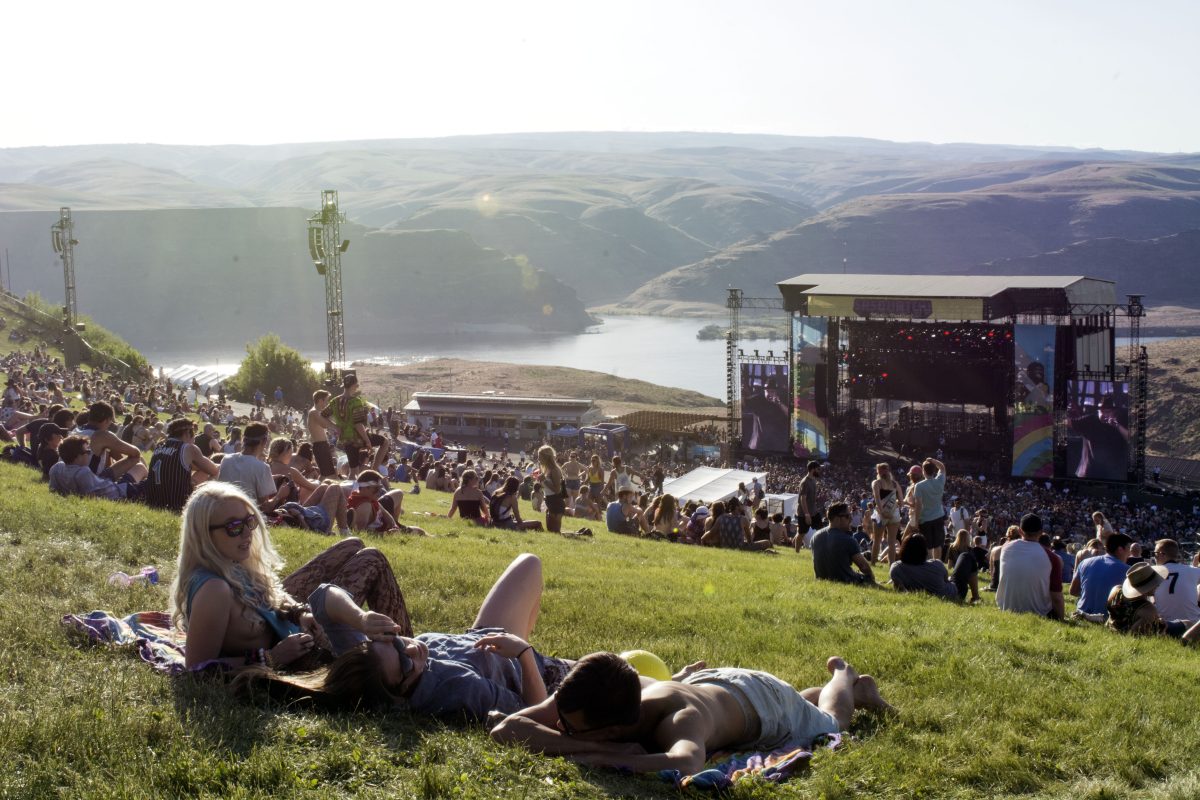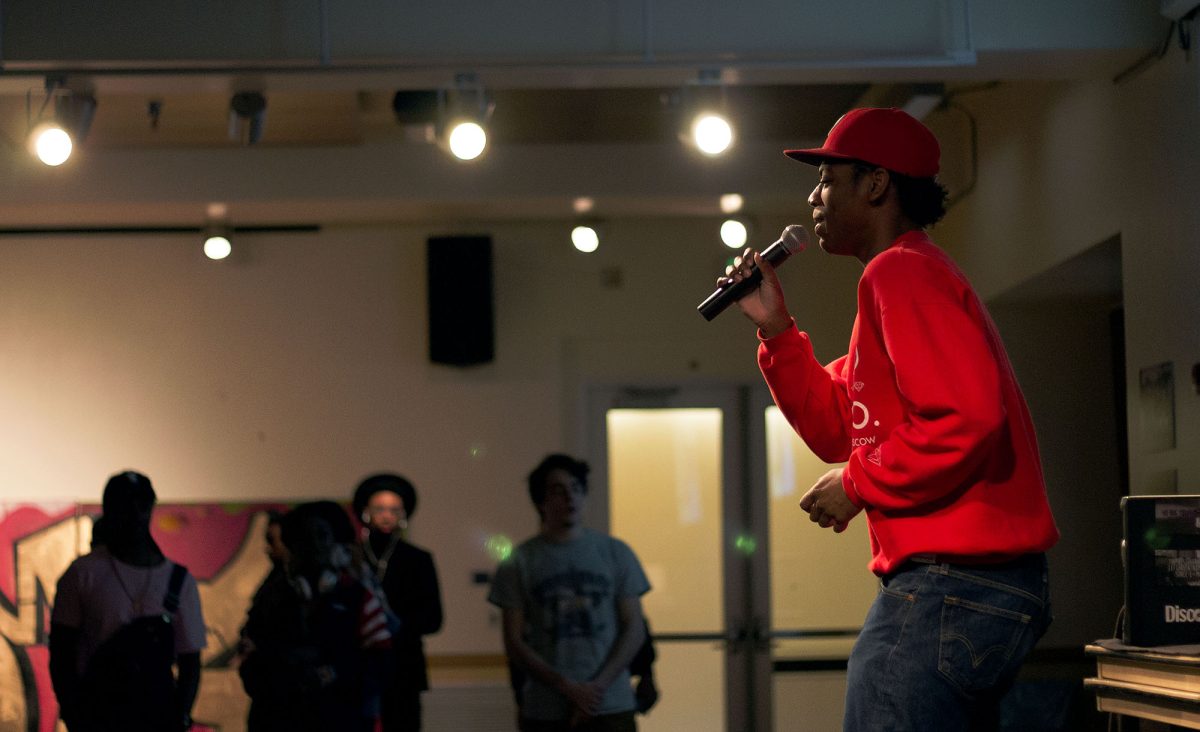Story and Photo by Keegan Clements-Housser
When my mother died of recurring cervical cancer, it was, needless to say, devastating for the 17-year-old me. My nearest relatives—my dad, stepmother, and half-brothers—lived in distant Colorado and weren’t really part of my daily life, which left me to handle the change more or less on my own.
So while most teenagers were trying to figure out romance, where they were going for college, how to get a job, or just what to make of their final years in high school, I was doing far more adult things. After my mom’s death, I technically had a legal guardian in the form of a family friend, but no one else really knew anything about my mother or her way of doing things. This meant that, despite my guardian, I had to manage thousands of dollars that had been in limbo for the painful year it took my mother to die. I was coordinating information, events, and people involved in transitioning my mother’s worldly possessions into a trust. All in all, I was largely living an independent life. It was a little too much for me, and though I managed, I soon slipped into a low-intensity, yet constant, depression.
Then the summer after graduating from high school, I sold most of my worldly possessions and embarked on a trip to the United Kingdom and the Republic of Ireland. I went alone with only a backpack full of clothes, a tent, and some saved money. No tour groups, no friends tagging along, no plan for when I got there. Nothing. All I knew was that my return flight was six weeks out and that I was going.
It was the single best thing I have done in my entire life.
One of my more profound experiences on the trip occurred during my stay in Bath, England. I was sharing a room with a British Royal Marine recently back from Iraq. The poor man had been in Basra during the worst of it and he woke up screaming every night. Before I left Bath, I bought him a pint and asked what had brought him to town. It turned out that before enlisting he’d been a student in Edinburgh, Scotland. Now back, he’d decided to wander around the UK for the same reason I had: to clear his mind a bit.
For him, wandering without a goal was a way to finally deal with the past year’s burdens of making daily decisions that might mean the difference between life and death for himself and his fellows. He told me traveling was like slowly lifting a weight off of his shoulders. Although I’ve never been a soldier, I understood. As I wandered without goals or responsibilities, I too left some weight behind.
When the soldier and I parted ways, off on similar quests in different directions, I headed to Edinburgh. I arrived during the Fringe Festival, one of the world’s largest open air festivals. The number of cultures represented in the people I saw was staggering. I befriended an Australian who had spent two years wandering the globe, working at a number of youth hostels and bars. Then there was an Israeli soldier, fresh out of mandatory military service and looking to explore the world. I even got to know the hostel owner—a Scottish man who had spent half his life in Ireland.
All three, as I discovered after a few pints into an evening together, had fascinating stories to tell and wandered not only to experience freedom from responsibility, but also to experience truth. There are stories you never hear in the safety of your own society, stories essential to understanding the nature of the world, and that, as much as anything else, was what they sought in their travels. Their stories inspired me to find out the truth of things, driving me to become a journalist in the years following my journey.
After a week, three spontaneous train rides, and countless pints later, I finally made it to Ireland. When I arrived in the land of myths, high kings, and tragic history, the lessons learned in Edinburgh were immediately put to the test. I was and always have been a regular financial contributor to Sinn Féin, one of the political parties most dedicated to a unified Irish Republic. When I got to my hostel in Belfast, I found myself in the middle of the Loyalist part of town, where the people were British and damn proud of it.
To make matters more uncomfortable, I arrived during Marching Season, a time when Loyalists celebrate the British conquest of Ireland and often get into fights with their Republican counterparts. Someone with my views could get attacked, and I did. One night, while attempting to help break up a fight started in a Republican pub by an already extremely drunk Loyalist, I caught a fist to the jaw. I was awarded a drink on the house, but more importantly, I saw—and felt—first-hand how much something that happened centuries ago was still a very real point of contention. The Troubles, as the situation is called in Ireland, is more complex than anything I’d ever encountered. It gave me some much needed perspective on my own troubles.
Later in the trip, everything came together while I was lying in the middle of a 5,000-year-old ring fort. I was visiting a tiny Irish island where locals still converse in Irish Gaelic. This land was filled with tragedy and joy, prosperity and poverty, all part of a story that, for its many twists and turns, turned out beautiful. Not unlike my story, I realized.
However, there’s one crucial problem with experiencing such absolute freedom: When you’ve enjoyed it, it’s nearly impossible to go back to the way things were. In fact, I’m not sure it’s possible at all. Liberating yourself from responsibility to wander foreign roads with only your own thoughts as a guide—that’s a rare and addictive kind of freedom.
I believe that too often people get caught up in trying to find a particular adventure while traveling. Intentionally or not, this is what keeps many from having a simple vacation turn into a life changing journey. They bring home with them, and in doing so miss the entirely different world that awaits.
I can’t promise that fellow travelers will experience such a profound change as I did, but I can promise that anyone brave enough to take the plunge will never forget nor regret the experience. So at least once in your life, give it a try. You can’t understand what you’re missing until you do.
Categories:
A Wanderer’s Tale
January 9, 2012

Traveling abroad helps one man move forward after his mother’s death.
A Wanderer’s Tale
0
Donate to Ethos
Your donation will support the student journalists of University of Oregon - Ethos. Your contribution will allow us to purchase equipment and cover our annual website hosting costs.
More to Discover














